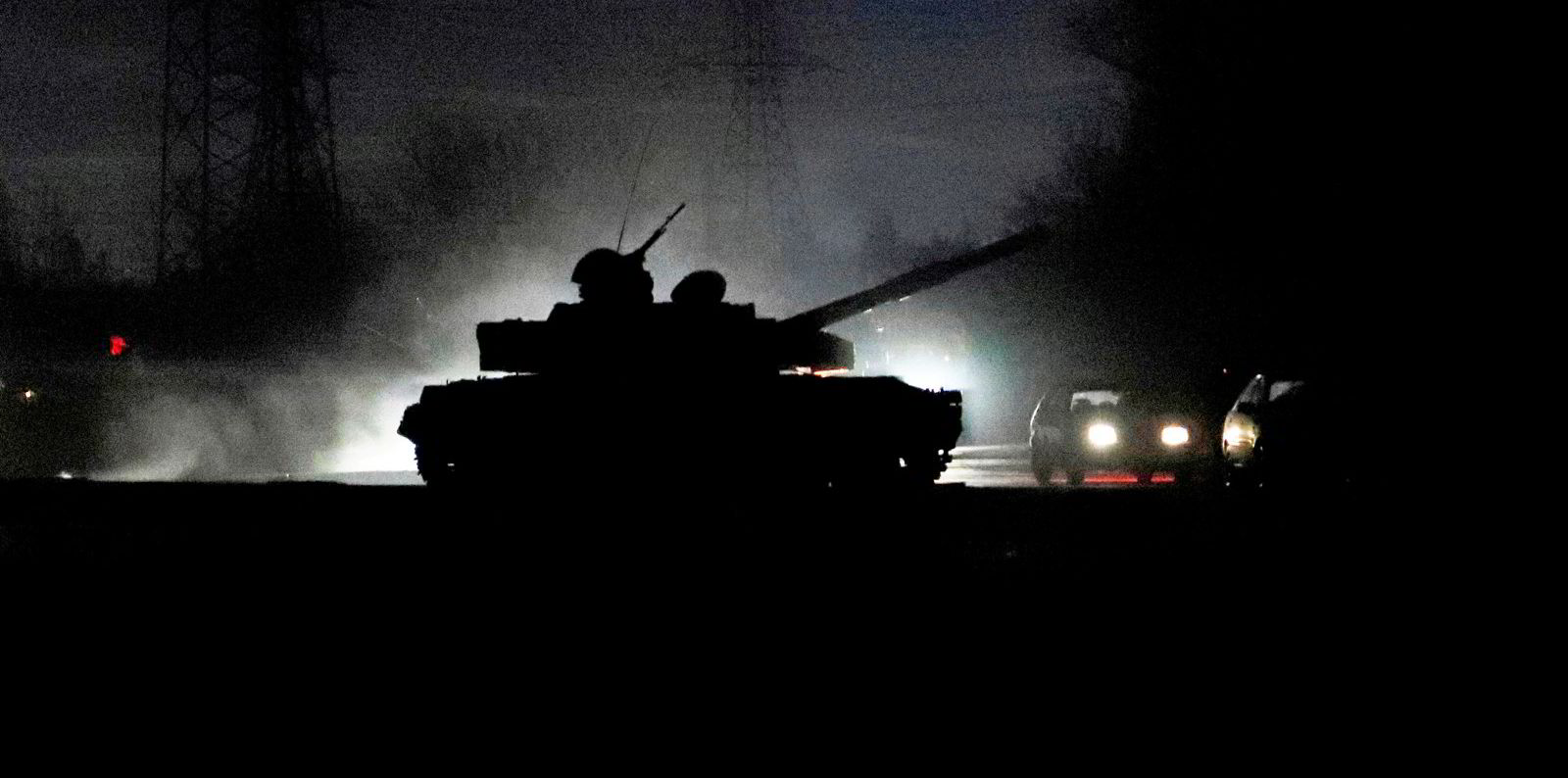Oil prices jumped above $100 for the first time in seven years and global stock markets slumped after Russia launched what appeared to be an all-out invasion of neighbouring Ukraine.
Japan’s Nikkei index was down nearly 2%, Hong Kong’s Hang Seng was off 3.5% and Singapore’s Straits Times Index fell by 3.07%. Europe’s main stock markets opened 2.5% to 4% lower, with London’s FTSE 100 down 2.7%.
Brent crude surged $5.63 to $102.47 per barrel, while West Texas Intermediate leapt 4.6% to $96.22 per barrel. Nymex natural gas contracts were up 4.5%.
Analysts said that while Asian economies face lower risks than Europe over a possible Russian attack and Western sanctions, the region’s economies that need imported oil will be hit by higher prices if supplies from Russia, the third-largest producer, are disrupted.
Australia and Japan said they are closely watching oil prices for any impact from hostilities in Ukraine and are prepared to tap oil stockpiles if necessary.
The equities rout in Asia looked set to continue in Europe and the US, with a sharp jump in commodity prices adding to worries about inflation and risks to economic growth.
Shortly after Russian President Vladimir Putin said he had authorised what he called a special military operation, explosions were heard in the pre-dawn quiet of the Ukrainian capital, Kyiv, and the Ukrainian government accused Moscow of launching a full-scale invasion.
Futures for a wide range of grains were up by more than 5%, reflecting fears for the coming growing season in eastern Europe and exports from the region.
Safe haven investments such as gold and the US dollar climbed, while the Russian rouble collapsed.
S&P 500 E-minis were down 2.3% and Nasdaq futures fell 2.8%, putting the US index on track towards confirming it is in a bear market.
Chris Weston, head of research at Pepperstone, said an all-out invasion of Ukraine would be one of the worst-case scenarios for markets.
“We now have a long night ahead of us trying to understand how bad this gets, and what sanctions get put up, because there has to be a fresh round of sanctions now against Putin and the Russian government,” he told Reuters.
“That’s where the worst case, or the bear case scenario, is for markets — and that’s what we’re seeing. There are no buyers here for risk, and there are a lot of sellers out there, so this market is getting hit very hard.”
TradeWinds reporters across the globe are covering the shipping implications on the Russia-Ukraine crisis.




